Owning your home outright is a financial dream for many, and paying off your mortgage early can help make that dream a reality. It can save you thousands in interest, free up your budget, and bring a sense of financial freedom. But how do you balance this goal with other priorities like saving for retirement or building an emergency fund? Here’s your ultimate guide to making an early mortgage payoff work for you.
Why Pay Off Your Mortgage Early?
- Save on Interest
The longer you hold a mortgage, the more interest you pay—especially with a 30-year loan. Early payoff significantly reduces the amount you’ll pay over the life of the loan. - Achieve Financial Freedom
A mortgage-free home means fewer monthly obligations, allowing you to allocate funds to other goals or enjoy a stress-free retirement. - Build Equity Faster
Paying down your mortgage early increases your home equity, which can be a valuable financial safety net if you ever need to access it. - Peace of Mind
Eliminating a major debt provides emotional relief and financial stability, especially during uncertain economic times.
Strategies to Pay Off Your Mortgage Early
- Biweekly Payments
Instead of making one monthly payment, divide your monthly amount in half and pay that every two weeks. This results in 26 half-payments—or 13 full payments—a year, effectively shaving years off your loan term. - Extra Principal Payments
Add extra money to your principal whenever possible. Even small amounts—like rounding up your monthly payment—can make a big difference over time. For example, applying an extra $100 each month to a 30-year mortgage could save you tens of thousands in interest. - Lump-Sum Payments
Use windfalls like bonuses, tax refunds, or inheritance money to make large principal payments. Just ensure your mortgage doesn’t have prepayment penalties. - Refinance to a Shorter Term
Refinancing to a 15- or 20-year mortgage often comes with lower interest rates and forces you to pay off the loan faster. Keep in mind that your monthly payments will likely increase. - Reduce Expenses and Redirect Savings
Cutting back on discretionary spending or finding ways to increase income can free up funds to put toward your mortgage. - Automate Your Payments
Set up automatic payments to ensure you stay consistent with your payoff strategy.
Balancing Payoff Goals with Other Financial Priorities
Paying off your mortgage early is a worthwhile goal, but it’s important to ensure it doesn’t come at the expense of other financial needs:
- Emergency Fund: Before prioritizing extra payments, make sure you have 3-6 months’ worth of expenses saved for emergencies.
- Retirement Savings: Don’t sacrifice your long-term financial security. Contribute enough to retirement accounts to take full advantage of employer matches and compound growth.
- High-Interest Debt: Pay off credit cards or personal loans with higher interest rates before focusing on your mortgage.
A balanced approach allows you to enjoy the benefits of paying off your mortgage early while safeguarding your overall financial health.
How First Western Trust Can Help
At First Western Trust, we believe in empowering you to achieve your financial goals, including paying off your mortgage early. Here’s how we can assist:
- Customized Planning: Our advisors can evaluate your financial situation and develop a strategy to balance early mortgage payoff with other priorities.
- Refinancing Options: We offer tailored refinancing solutions to help you secure a shorter term or lower interest rate.
- Guidance on Prepayment Penalties: We’ll help you understand the terms of your mortgage and avoid penalties that could negate your savings.
Our team is here to provide the tools and expertise you need to make informed decisions and move closer to financial freedom.
Final Thoughts
Paying off your mortgage early is an achievable goal with the right strategy. Whether it’s biweekly payments, refinancing, or using windfalls wisely, small actions can lead to big results. Just remember to balance this goal with other financial commitments to ensure you’re building a stable and secure future.
Ready to take control of your mortgage? Contact us today to start planning your path to a mortgage-free life. Together, we’ll help you create a plan that fits your needs and accelerates your journey to financial independence.


